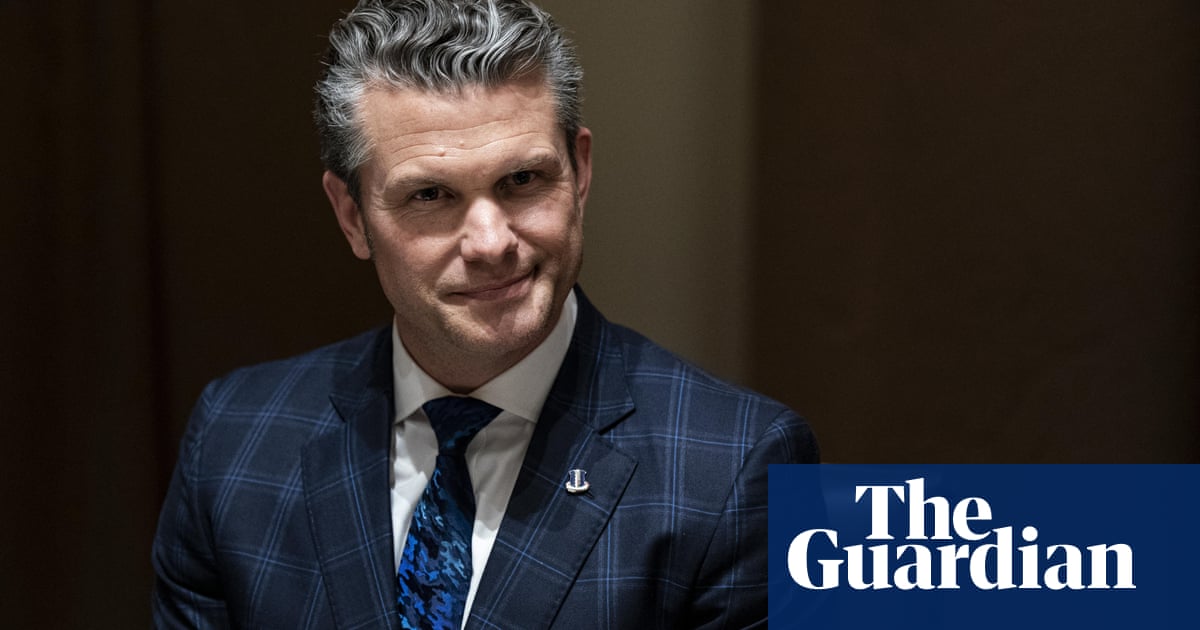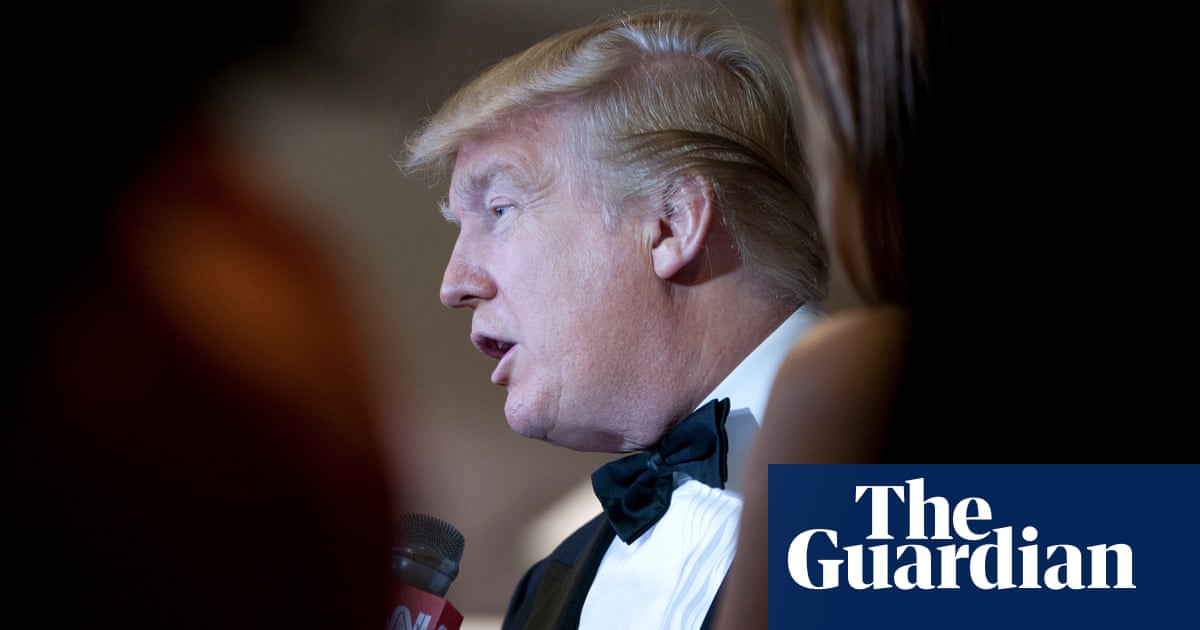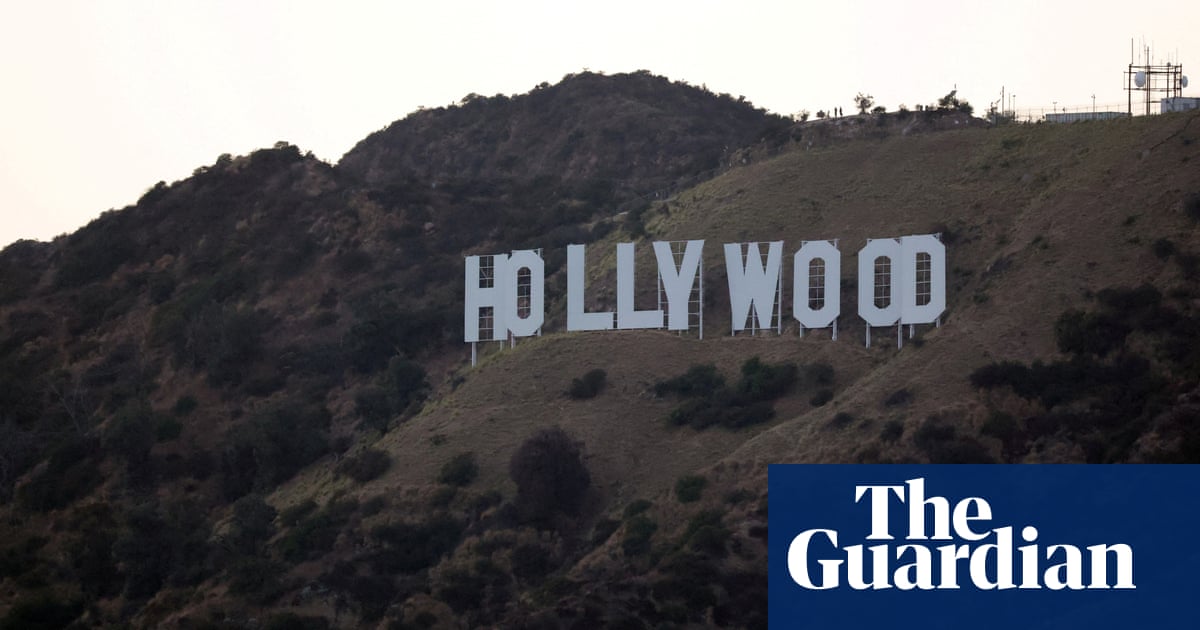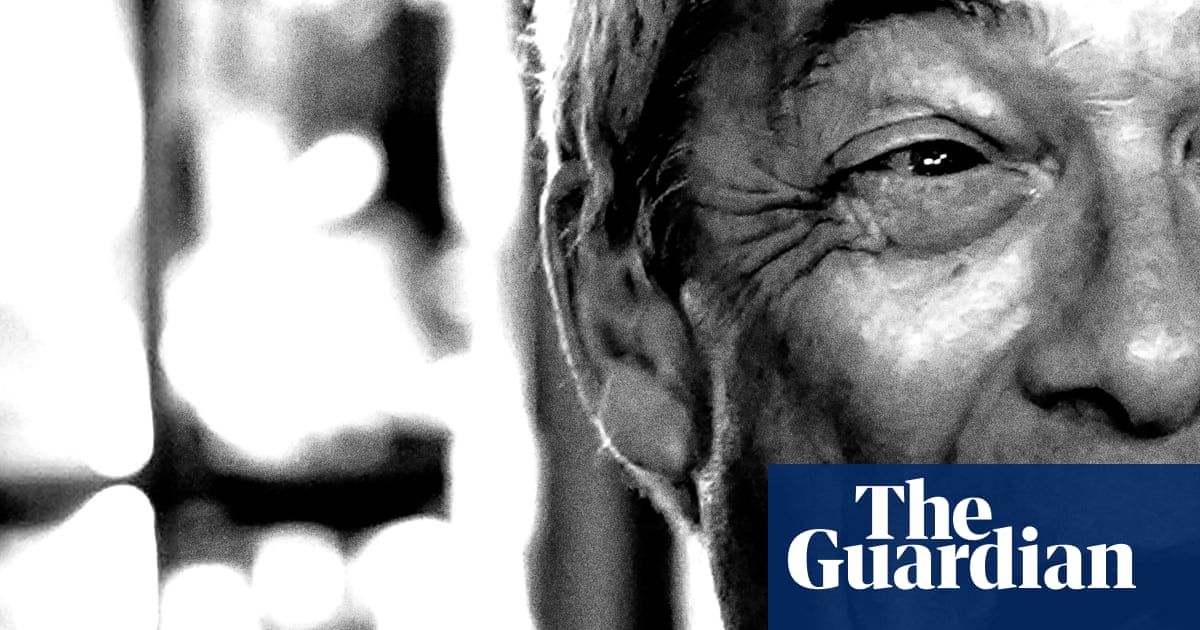After years of strife over what his rise means, Donald Trump’s inaugural address on assuming the presidency a second time clarified everything: he is the symptom of imperial decline who purports to be the cure.
His first inaugural, of course, dwelled on national decline: American carnage. The opening of Trump’s second speech, however, began with the myth of the golden age — an almost idyllic picture of an end to America’s time of troubles, when the country elicits envy and respect it once enjoyed among the powers of the earth. And, far more clearly than in his first inaugural and term, Trump’s speech and stratagems indicate a vision not just of competition but of return to comparative ascendancy. He wants America to bask in the sun of its former victory in the competition of empires. It will be a “a thrilling new era of national success.”
Some resist, of course, that America was ever an empire. Trump doesn’t seem to doubt it. And clearly, it is a fool’s errand to reverse any empire’s relative decline, and rank immorality to try. But Trump’s critics should not miss the opportunity his actions and rhetoric in these early days of his second time provide to finally understand what we are up against.
He isn’t a fascist. Benito Mussolini and especially Adolf Hitler dreamed the dream of building empire as latecomers to the competitive scramble. Trump, by contrast, is obsessed by the decline of a once great imperial power, and dreams of rebuilding it. Another analogy for Trump’s America making the rounds is Vichy France, with its compliant elites. But it is even more far-fetched than the other comparisons. Before World War II, France had a big empire, but its World War II experience – set off by an invasion and loss of a third of its metropolitan territory, after nervewracking years of fears of internal decline – bears no resemblance to Trump’s current obsession with how America’s ascendancy and standing on the world stage have been undone over decades.
Commentators have been appalled, and understandably so, by Trump’s gestural feints towards acquiring land. That certainly sounds like imperialism. But this is a distraction for the moment. Reversing decline naturally involves mythologizing the founders of empire — but that fact does not help predict the likeliest consequences of attempting to reclaim their achievement.
The fantasy of buying Greenland or invading Panama, like the renaming of Alaska’s Denali mountain and Trump’s bizarre rehabilitation of William McKinley’s presidency, attest to Trump’s newfound interest in the turn of the twentieth century. That was when America assembled its own overseas empire to match what West Europeans had done. Further back, Trump continues to give a lot of love to Andrew Jackson, rehanging the portrait of America’s nineteenth-century ethnic-cleanser-in-chief in his White House office. That analogy, too, neglects an obvious point. It is a very different thing to clear the land to consolidate an empire in the first place, as Aeneas and Jackson did, than to reclaim the former standing of an economic powerhouse and global hegemon now eroding. Trump cannot be a founder, and is reduced to longing for America’s imperial meridian of his childhood after World War II.
Not that politicians agonizing over imperial decline are harmless. Far from it. But Trump’s declaration that he is now out to reverse it helps identify the most plausible risks. After all, imperial decline and the fruitless zeal to undo it account for a lot of the damage done in world history. The Roman empire in its last centuries affords the classic examples of exasperated leaders of a once mighty power fallen in relation to its former glory, and lashing out in the ruins.
Deadly and useless skirmishes in the imperial hinterland might have been one example of what to expect – since declinists sometimes pretend that a showy military victory, especially against a weak opponent, could do the trick of reversing their fortunes. Trump, however, appears to believe that his predecessors already tried that strategy, unleashing deadly wars that set the empire back rather than putting it back on top.
Trump’s was never an antiwar politics. But he has been clear on the need to avoid wars that set American empire back, or tempt it or its vassals into endless and intractable conflict. Instead of “stumbling into a continuing catalog of catastrophic events abroad,” he remarked in his second inaugural, he will assemble “the strongest military the world has ever seen” but “measure our success not only by the battles we win but also by the wars that we end. And, perhaps most importantly, the wars we never get into.”
The likelihood is, therefore, that we must look elsewhere to guess at where Trump’s struggle to reverse decline will lead. For one thing, empires need emperors. Trump’s earliest executive orders testify far more to the desire to be powerful, and exude power, than to any credible policy agenda that could achieve the restorationism he so clearly desires.
From his first appearance on the political stage, Trump has feared what he takes to be the misrule and penury of lowly countries. His immigration restrictionism, aside from being red meat to a dissatisfied working class looking for a scapegoat to blame for its stagnation, is probably best explained by fears of imperial decline. If the barbarians are coming — let’s leave aside that Trump’s own fans attempted to sack the imperial capital — the first step is to keep them at bay.
The core of Trump’s response to decline as he sees it, however, remains economic. The empire has gotten played, he thinks, during its long years of misbegotten largesse, whether to its Chinese rival or European clients. America’s imperial future depends, he thinks, on reversing the policies of giving away the store to China, or protecting its European clients for free.
But doing so could never make America “a manufacturing nation once again,” as Trump promised after taking the oath of his office. Trump’s tariff policies are likely not to arrest or overturn but to worsen America’s economic fortunes. They do indicate very clearly what he thinks the problem is, whatever the fecklessness of his solutions.
If imperial decline is Trump’s problem, it makes responding to his inanities and insanities difficult for his opponents. American decline is inevitable, not just real. All powers are subject to adjustment and stagnation. And the almost untrammeled global ascendancy that the country once enjoyed shamed all predecessors, including the Roman one. There was nowhere to go but down. This isn’t to say that American decline is already in an advanced state — but it is obvious enough to be a potent factor in Trump’s rise and to condition his policymaking, undoubtedly for the worse.
Barack Obama’s presidency, in spite of his own imperialist gestures, may well have been premised on a fundamental acceptance of decline. For some, the plan was to leave a beneficent and enduring legacy as America’s window of opportunity closed to define the terms of world order unilaterally. That decline is always disorderly to some greater or lesser extent doesn’t means it isn’t worth attempting to manage it. Unfortunately, America’s Democrats failed; hoping to avert a chaotic era, they brought it about.
America’s decline is not a problem. And no one who thinks it is one has a solution. Trump and his supporters would like to buck the tide of history, but they could end up pulled further into it, and have no way to stop it. That Trump thinks otherwise, however, will affect that ongoing decline in way that are both big and small, both hilarious and horrendous.
-
Samuel Moyn teaches history at Yale.

.png) 2 months ago
39
2 months ago
39













































